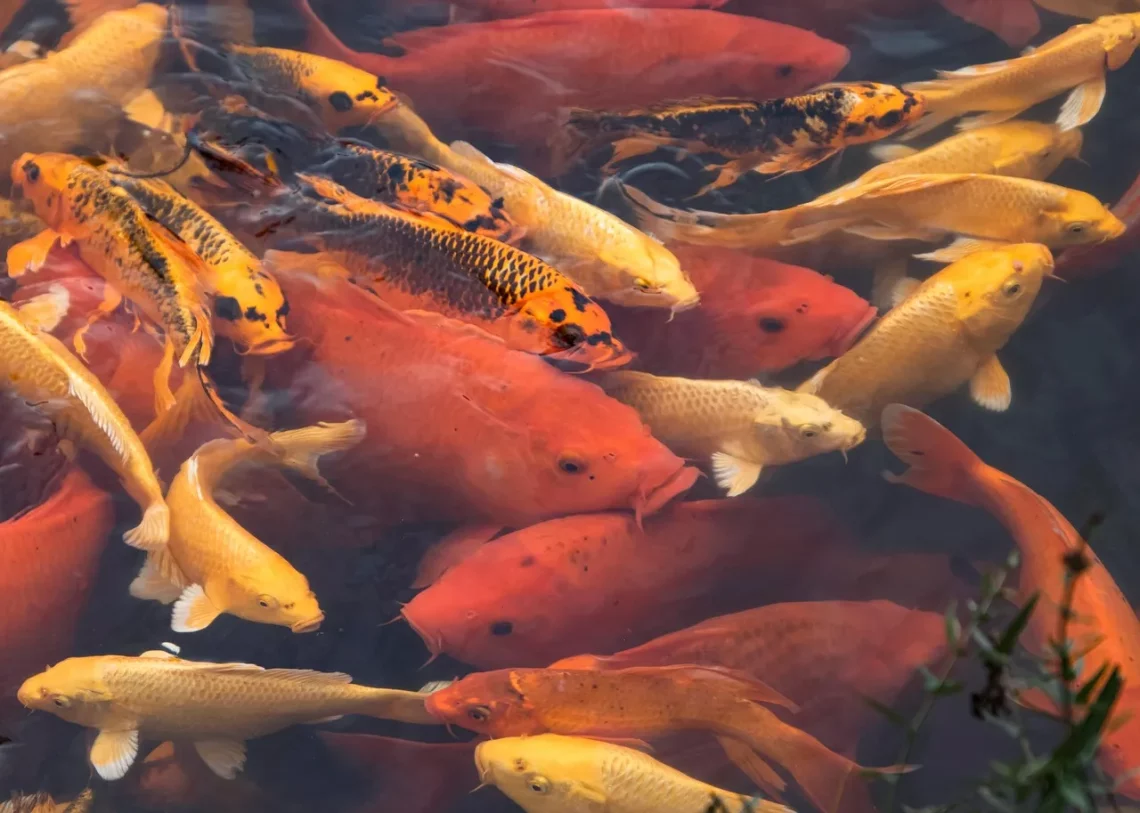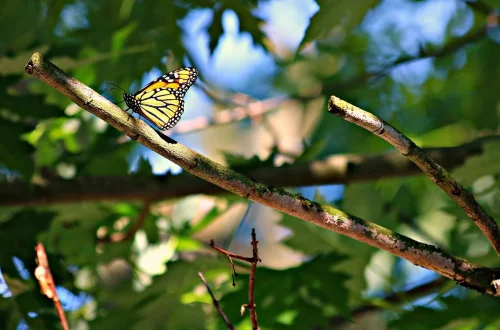
Can Betta Fish Eat Goldfish Food Safely and Effectively?
Betta fish, known for their vibrant colors and dynamic personalities, are a popular choice among aquarium enthusiasts. These captivating creatures originate from the shallow waters of Southeast Asia, where they thrive in warm, stagnant environments. As a result, their dietary habits have evolved specifically to suit their natural habitat. On the other hand, goldfish are among the most common species kept in home aquariums, appreciated for their hardiness and ease of care. They have different dietary needs due to their unique biology and habitat.
When it comes to feeding fish, many owners often wonder about the compatibility of various types of fish food. One common inquiry is whether betta fish can safely and effectively consume goldfish food. This question arises from the desire to simplify feeding routines, especially in households with multiple fish species. However, it’s crucial to recognize that different fish thrive on different diets, and not all foods are suitable for every species. Understanding the nutritional requirements of bettas and goldfish can help fish owners make informed decisions regarding their feeding practices, ensuring that both species remain healthy and vibrant.
Understanding Betta Fish Dietary Needs
Betta fish, or Betta splendens, are carnivorous by nature, which means they primarily require a protein-rich diet. In their natural habitat, bettas feed on insects, larvae, and small crustaceans. This diet is essential for their growth, color enhancement, and overall health. When setting up a feeding regimen for bettas, it’s important to focus on high-quality pellets or flakes specifically formulated for them. These products typically contain a balanced mix of protein, fats, and essential vitamins tailored to meet the unique needs of bettas.
A common misconception is that bettas can thrive on a vegetarian diet or be fed goldfish food, which is primarily plant-based. While some plant matter can be beneficial for fish, bettas need a substantial amount of protein to maintain their energy levels and vibrant colors. Feeding bettas a diet lacking in protein can lead to malnutrition and health issues, such as stunted growth and weakened immune systems.
To ensure that bettas receive the nutrition they need, fish owners should consider supplementing their diet with live or frozen foods like brine shrimp, daphnia, and bloodworms. These protein sources not only enhance their diet but also stimulate their natural hunting instincts, contributing to their overall well-being. Additionally, it’s crucial to avoid overfeeding, as bettas can easily become overweight, leading to other health problems. A balanced feeding schedule, comprising both high-quality pellets and occasional treats, can help maintain a healthy betta fish.
Goldfish Food: Nutritional Composition
Goldfish food is specifically designed to cater to the dietary needs of goldfish, which are omnivores. This means goldfish thrive on a varied diet that includes both plant-based and protein sources. Goldfish food typically contains a blend of vegetable matter, such as spirulina, along with fish meal or other protein sources to ensure a balanced diet. The formulation is designed to promote growth, enhance color, and support the overall health of goldfish in a home aquarium.
However, while goldfish food is suitable for goldfish, it may not provide the essential nutrients that bettas require. For instance, goldfish food generally contains lower protein levels compared to the high-protein diets that bettas need. Feeding bettas goldfish food can result in nutritional deficiencies, as they may not receive the necessary amino acids and fats that are critical for their health and vitality. Moreover, goldfish food often includes fillers that may not be beneficial for bettas, further emphasizing the importance of species-specific diets.
Another factor to consider is the size and shape of goldfish food. Goldfish pellets and flakes are often larger and designed for the feeding habits of goldfish, which may pose a challenge for bettas. Betta fish have small mouths and may struggle to consume larger pellets, leading to potential choking hazards or uneaten food that can pollute the tank environment. Consequently, while goldfish food may be convenient, it is not suitable as a long-term feeding solution for bettas.
Can Betta Fish Safely Eat Goldfish Food?
In short, while betta fish may occasionally consume goldfish food without immediate harm, it is not recommended as a staple in their diet. The nutritional discrepancies between the two types of food can lead to long-term health issues for bettas. Frequent consumption of goldfish food may result in malnutrition, stunted growth, and even a weakened immune system, making them more susceptible to diseases.
If a fish owner finds themselves in a situation where goldfish food is the only available option, it is important to use it sparingly. Bettas can occasionally nibble on goldfish food in small amounts, but this should not replace their dedicated diet. Instead, owners should prioritize purchasing high-quality betta-specific food that meets their unique dietary requirements.
Furthermore, it’s worth noting that the feeding habits and preferences of individual bettas can vary. Some bettas may show interest in goldfish food, while others may ignore it altogether. It’s essential for fish owners to monitor their bettas’ eating habits and overall health, adjusting their diets accordingly to ensure optimal well-being.
In conclusion, while bettas may have a momentary interest in goldfish food, it is crucial for their health to provide them with a diet specifically designed for their species. A well-balanced diet will lead to happier, healthier bettas that exhibit their natural beauty and vibrant personalities.
**Disclaimer:** This article is for informational purposes only and should not be considered medical advice. For any health concerns regarding your fish or pets, please consult a qualified veterinarian or aquatic specialist.




